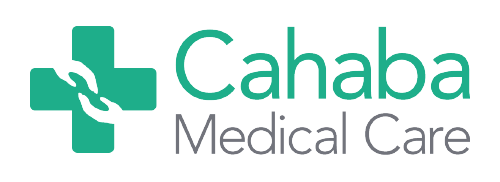International Rotations: South Korea
Submitted by
Dr. Samuel Chang
(3rd Year Urban Resident)
It was an honor to be able to go back to Korea, not only to see my family and friends but also to learn about the Korean healthcare system. I have known for a while that Korea has a very affordable and efficient healthcare system (even known for its medical tourism), so I wanted to experience this for myself. I worked with an orthopedic surgeon during this rotation, and I saw him see 100-120 patients a day to keep his business running. It’s amazing how fast and efficient every staff member works to make this happen. I was definitely impressed.
I also experienced the affordability of the healthcare system first-hand when I had a fishbone stuck in my throat. Instead of going to the ED, I was able to go to the local ENT office (without calling to schedule an appointment) and was seen within 5 minutes. He scoped my throat to confirm the fishbone and took it out. The whole visit took about 10 minutes cost me $15 USD.
However, I also saw the various flaws within their system. Nearly 80% of the doctors want to live in Seoul, so there is a big disparity with rural medicine. When I went to visit my aunt, she was sick with a high fever and RUQ pain. She went to her local rural hospital and had a lab test that showed a pattern of cholestasis, which is concerning for cholangitis. However, instead of getting the treatment she needed by starting antibiotics, she was told to go to her specialist in Seoul. They were more concerned about the liability that they might face by treating her condition since she had a known biliary condition. She had to buy a train ticket, and go to Seoul, and finally, 4-5 days later, she got the treatment she needed. I had conversations with multiple doctors, and they complained of burnout from working long hours and seeing numerous patients.
So all in all, I learned that there is no such thing as one perfect healthcare system in this world. Every one of them has flaws, and that may be due to the fact that healthcare is a business and therefore tends to follow money, rather than the well-being of the patient. Even as frustrating as that may sound, I learned through this experience that I need to have gratitude for the opportunity I have been given. I am thankful that I have 15 minutes to see my patient and develop rapport. Also, the orthopedic surgeon that I followed was a big believer in osteopathic principles, so it was refreshing to learn non-surgical managements for various orthopedic conditions. It will be something that I will continue to research and strive to incorporate into my practice.

